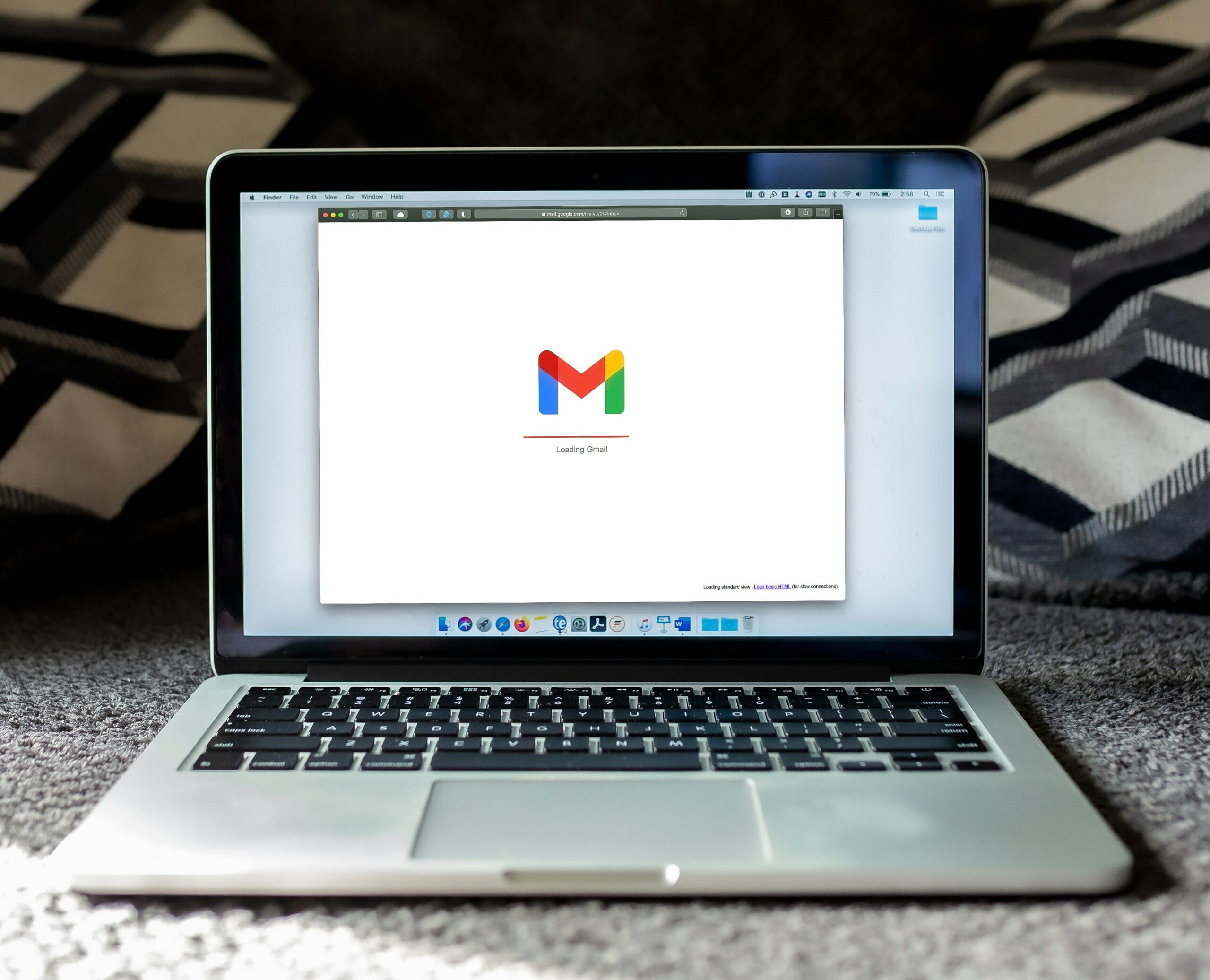White label refers to goods or services that are produced by one company, then purchased by another company to rebrand and sell as their own. Though you may be wary at first, you’re likely already familiar with the practice.
For example, most supermarket “store brand” goods are created by companies that mass produce items and sell them to various grocers. White label products aren’t just limited to cereal, DVD players, or running shoes though; they’re common throughout many industries.
In the tech world, think of white labeling as ghostwriting — but for software, apps, or digital programs. For instance, cloud-based services or infrastructure lend themselves particularly well to reselling or re-branding.
Table of contents
Reasons to use white label software
There are a variety of reasons why someone might choose to white label the software they use. For one, having everything branded in the same way looks a lot better when presenting to clients or prospects. Additionally, businesses whose customer base has grown faster than their in-house staff may white label certain services they source from other companies to keep up their service-level agreements (SLAs) while they hire more employees.
White label software doesn’t just have to be for marketing or aesthetic purposes. Marketing agencies will often white label reports from their
business intelligence (BI) or
marketing software to keep their process proprietary. This way, other agencies attempting to poach your clients won’t get your strategy.
Also read:
The Top 4 Competitive Advantages of Embedded Analytics
White label software use cases
White label software, or private label, brandable, or rebranded software, is not limited to one type of company or industry. For example, companies that offer complementary products may use white label goods along with companies that don’t develop products at all. Let’s explore three common ways an organization may choose to use it.
1. Internally by employees for communication, collaboration, and engagement
LearnUpon’s brandable white label portal
 LearnUpon
LearnUpon is one example of a company that provides brandable software to companies. The software focuses on
employee training and allows businesses to upload their own logo and customize the styling to match their branding. When employees log in to the training portal, the look and feel reflect the rest of the company website.
White labeling your training software lowers your company’s risk. You don’t risk spending the time and money to develop the platform only to have to go back and fix glitches. Instead, you can purchase an already working platform and ensure your employees have a smooth and enjoyable onboarding experience.
2. Externally by customers to increase sales and loyalty
LoyaltyLion’s white label customer loyalty solution

Another company that offers white labeled software is LoyaltyLion — though their platforms are consumer-facing. LoyaltyLion provides customer loyalty program solutions to ecommerce companies like Overtone, Cupshe, and Lively by offering custom design resources that provide an on-brand experience.
LoyaltyLion not only allows their customers to white label the software, but they can even choose their own loyalty program name and fully customize it. There are several pricing tiers available, but white labeling isn’t an option unless you go for the Advanced tier or beyond.
Also read:
The Best Loyalty Program Software for Any Business
3. Resell to end users and customers for profit
Badgeville’s white label gamification platform for resale
 Badgeville
Badgeville is one platform that not only offers both of the options above but also provides the option to co-sell or resell their solution. Businesses can simply encourage clients to use Badgeville for their
digital engagement challenges, or incorporate Badgeville specific design expertise as part of their services. Partners then receive either a referral fee for licenses sold or a portion of revenue for each new license.
Benefits of white labeled software
White labeling can provide substantial business gains. Companies choose white label software because it can provide faster launches, lower costs, less risk, and diversification.
Faster software launches
Developing software for internal or external use requires a lot of engineering and time, and then you have to consider the implementation time. Rather than build the solutions from scratch, businesses can get reliable platforms up and running sooner rather than later — and often for less money upfront.
Diversifying your offerings
For resellers, white labeling is a prudent way to add more products to your portfolio, move into a new market, or cross-promote your own products or services. If you don’t have the time, resources, or knowledge to build a custom solution, then white labeling might just be the best strategy available for your products and company. It can also help you meet customers’ needs without hiring extra in-house employees.
Lower development costs
Software development is expensive, consuming high levels of both time and resources. And once you’ve developed the software, you then have to test it rigorously and check it for bugs. White label software can help you cut out these expensive development projects. Instead, you get access to software that has already been built and tested.
Less risk
Developing your own software puts your company at risk, even if the software is only for internal use. Let’s say you’re using the software for training purposes. If your
learning management system has a lot of glitches in it, new hires are going to get frustrated. It’s going to be more difficult for them to retain the information, and they’ll likely vent about it to their friends, hurting your recruiting chances.
That risk opens up even more if you’re developing customer-facing software. About
51 percent of customers won’t do business with a company again after even a single poor experience. Additionally, those who have poor experiences are likely to tell anywhere between nine and 15 other people about it, further damaging your reputation. White label software can help you keep your customers happy and engaged with your brand.
Also read:
4 Risk Management Considerations for Your Project
Is white label software right for your business?
Although there are a lot of benefits, white labeling isn’t for everyone. It offers less control over specific features or updates and can be challenging to integrate into centralized reporting and analytics. However, for those who require software to carry their own brand, white label software is usually cheaper and easier to implement than developing your own software in-house.
To find out if white label software is right for your business, check out our software category pages for
gamification software and
learning management systems. After providing some information about your needs, you’ll get a short, unbiased list of software customized for your company.
 LearnUpon is one example of a company that provides brandable software to companies. The software focuses on employee training and allows businesses to upload their own logo and customize the styling to match their branding. When employees log in to the training portal, the look and feel reflect the rest of the company website.
White labeling your training software lowers your company’s risk. You don’t risk spending the time and money to develop the platform only to have to go back and fix glitches. Instead, you can purchase an already working platform and ensure your employees have a smooth and enjoyable onboarding experience.
LearnUpon is one example of a company that provides brandable software to companies. The software focuses on employee training and allows businesses to upload their own logo and customize the styling to match their branding. When employees log in to the training portal, the look and feel reflect the rest of the company website.
White labeling your training software lowers your company’s risk. You don’t risk spending the time and money to develop the platform only to have to go back and fix glitches. Instead, you can purchase an already working platform and ensure your employees have a smooth and enjoyable onboarding experience.
 Another company that offers white labeled software is LoyaltyLion — though their platforms are consumer-facing. LoyaltyLion provides customer loyalty program solutions to ecommerce companies like Overtone, Cupshe, and Lively by offering custom design resources that provide an on-brand experience.
LoyaltyLion not only allows their customers to white label the software, but they can even choose their own loyalty program name and fully customize it. There are several pricing tiers available, but white labeling isn’t an option unless you go for the Advanced tier or beyond.
Also read: The Best Loyalty Program Software for Any Business
Another company that offers white labeled software is LoyaltyLion — though their platforms are consumer-facing. LoyaltyLion provides customer loyalty program solutions to ecommerce companies like Overtone, Cupshe, and Lively by offering custom design resources that provide an on-brand experience.
LoyaltyLion not only allows their customers to white label the software, but they can even choose their own loyalty program name and fully customize it. There are several pricing tiers available, but white labeling isn’t an option unless you go for the Advanced tier or beyond.
Also read: The Best Loyalty Program Software for Any Business
 Badgeville is one platform that not only offers both of the options above but also provides the option to co-sell or resell their solution. Businesses can simply encourage clients to use Badgeville for their digital engagement challenges, or incorporate Badgeville specific design expertise as part of their services. Partners then receive either a referral fee for licenses sold or a portion of revenue for each new license.
Badgeville is one platform that not only offers both of the options above but also provides the option to co-sell or resell their solution. Businesses can simply encourage clients to use Badgeville for their digital engagement challenges, or incorporate Badgeville specific design expertise as part of their services. Partners then receive either a referral fee for licenses sold or a portion of revenue for each new license.





